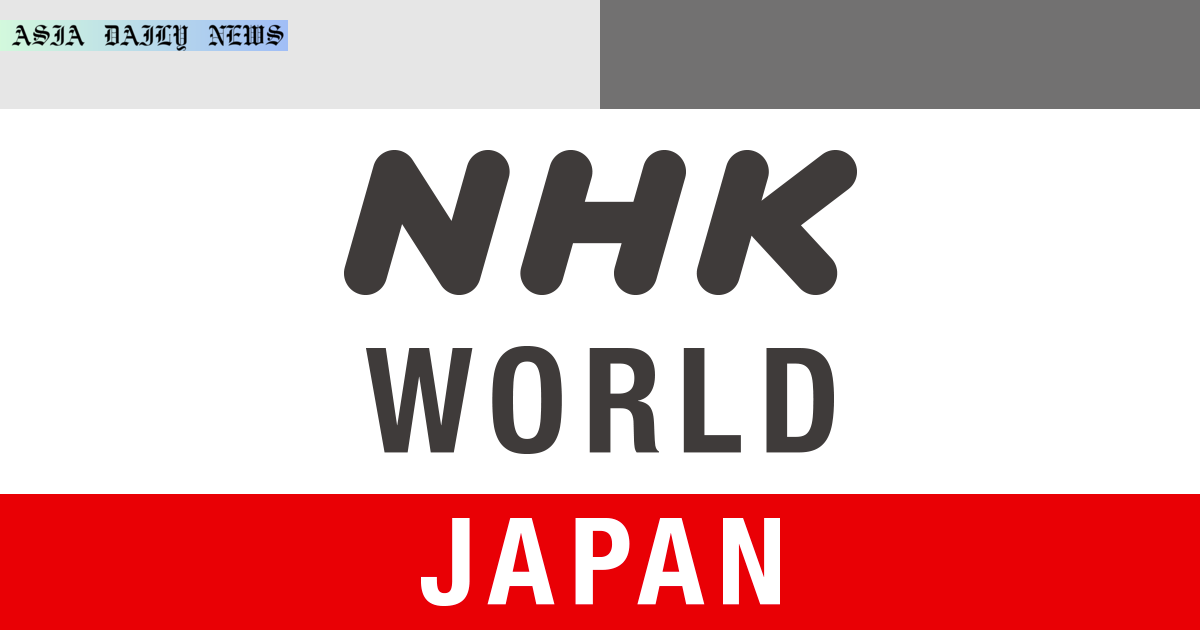Sexual violence – Nakai’s lawyers challenge the accusations as a panel report stirs controversy over claims of bias and neutrality.
- The lawyers of former TV star Nakai deny accusations of sexual violence made in a panel report.
- The independent panel claims the incident aligns with the WHO’s sexual violence definition despite Nakai’s legal team’s rebuttal.
- The allegations against Nakai have severely damaged his reputation and led to the end of his entertainment career.

Introduction: Sexual Violence Allegation and Legal Rebuttal
The recent controversy surrounding former Japanese TV personality Nakai Masahiro has garnered significant attention in media circles and among the public. Allegations of sexual violence have been leveled against Nakai by an independent third-party panel created by Fuji Television and its parent company. These claims stem from an incident involving a female announcer, which the panel stated met the World Health Organization’s (WHO) definition of sexual violence. However, Nakai’s legal team has staunchly denied the accusations, citing a lack of neutrality and impartiality in the report.
The Allegation and WHO’s Definition
At the heart of the controversy is the panel’s reliance on the broad definition of sexual violence established by the WHO. According to the panel’s findings, the reported incident fell within the parameters of this definition, even though Nakai’s lawyers argue otherwise. The legal team emphasized during interviews with Nakai that there were no signs of behavior that fit the specific connotations of sexual violence associated with its Japanese counterpart. This discrepancy has led to a heated debate over the application of international definitions in localized contexts.
Flaws in the Reporting Process
Nakai’s legal team has voiced intense dissatisfaction with the independent panel’s methodology. Their statement criticized the panel as lacking both neutrality and impartiality, which they claim ultimately led to a biased and detrimental report. Additionally, they expressed concerns about the reputational damage Nakai has suffered as a result of these conclusions. The report further indicated that Nakai did not consent to the lifting of confidentiality obligations; however, his legal representatives have rebuffed this claim, stating Nakai initially proposed this action. To date, Fuji Television has chosen to stay silent on the matter, declining any direct comment on the rebuttal statement.
The Fallout for Nakai’s Career
While the allegations themselves are serious, their repercussions on Nakai Masahiro’s career have been equally significant. A former member of the popular idol group SMAP, Nakai had subsequently built a successful career as a TV host and actor. However, reports of the scandal emerged in December last year, leading to the suspension of his television appearances. By January, Nakai announced his decision to retire from show business altogether, highlighting the devastating impact such allegations can have even before being substantiated through proper legal or ethical investigation.
Societal Implications of the Case
In addition to affecting Nakai personally, this case has sparked broader discussions on the handling of sensitive issues such as sexual violence within the Japanese entertainment industry. Skepticism surrounding the fairness of third-party panels and concerns over the misuse of international standards highlight the complexities of addressing misconduct allegations in professional spaces. Balancing the need for accountability with fairness to the accused remains a challenge, especially in high-profile cases like this that unfold under the relentless scrutiny of public opinion and media coverage.
Conclusion
The allegations against Nakai Masahiro emphasize the critical importance of maintaining fairness, neutrality, and thoroughness when investigating serious misconduct claims. While protecting victims of sexual violence is imperative, it is equally crucial to ensure that the accused receive a fair evaluation without undue damage to their reputation. As society continues to navigate the complexities surrounding such cases, stakeholders in both the media and legal domains must prioritize transparency and impartiality to build trust and uphold justice.




Commentary
Complexities in Addressing Sexual Violence Allegations
The sexual violence allegations against former TV star Nakai Masahiro bring to light several essential issues regarding accountability, reputational damage, and the need for impartiality in investigating misconduct claims. In an era where accusations can swiftly derail careers, the stakes have never been higher for both accusers and the accused. This case serves as a potent reminder of the dual responsibility critics and supporters alike must bear when forming opinions based on initial findings.
The Importance of Neutral Investigation
One critical aspect of this controversy is the independent panel’s perceived lack of impartiality, as claimed by Nakai’s legal team. The panel relied on a broad WHO definition of sexual violence while reportedly failing to account for specific cultural and linguistic nuances. This approach raises questions about the adequacy of applying generalized international standards within local contexts. Such nuances should be carefully considered to ensure an even-handed evaluation that respects both the sensitivity of the allegations and the rights of the accused.
Public Figures and the Weight of Allegations
For Nakai himself, the reputational damage caused by these allegations has been catastrophic. Leaving behind a career that spanned decades, the former SMAP member’s retirement from entertainment reflects the immense pressure public figures endure amid scandal. Whether or not the allegations hold merit, the swift societal judgment that often accompanies such cases leaves little room for balanced discourse. This highlights the need for media outlets and third-party investigators to approach sensitive cases with meticulous care and respect for due process.
Moving Forward
At its core, this case underscores the delicate balance between protecting victims of sexual violence and ensuring fairness to the accused. Both aspects are vital to fostering a society where justice prevails. Stakeholders in the media, legal, and entertainment industries must take responsibility for shaping investigative processes that prioritize neutrality, transparency, and a commitment to truth—all while minimizing potential harm to innocent parties. Ultimately, Nakai’s story must serve as a learning curve for future cases involving public figures and sensitive accusations.